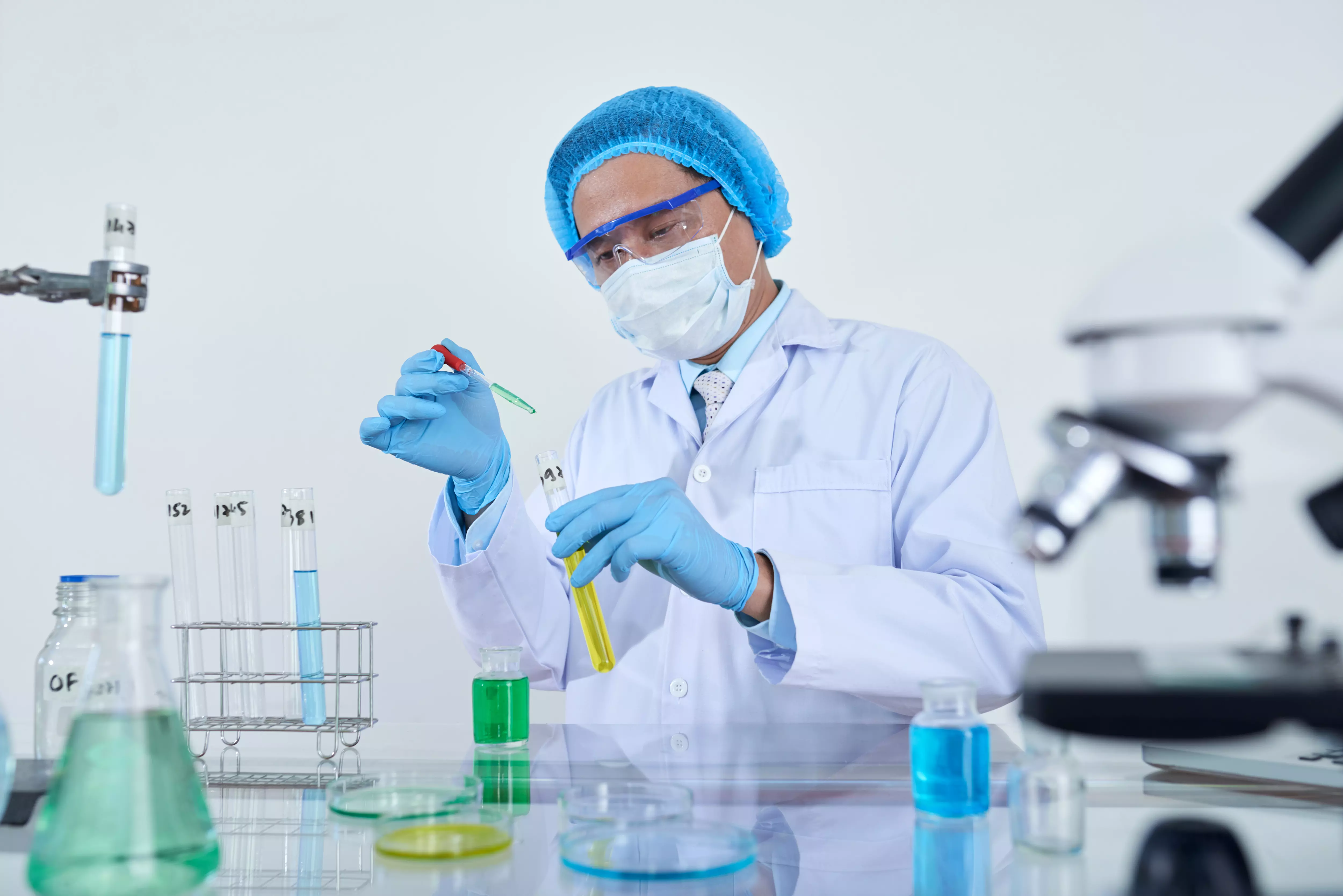Laboratory vs. avian flu research
Laboratory's mission in avian influenza research
Research on avian influenza is extremely important to society, as this infectious disease poses a serious threat to public health. The laboratory is a key place where scientists perform various experiments and analyses to understand and combat avian influenza. The laboratory's mission is to discover new information about the avian influenza virus, develop effective diagnostic methods and develop effective treatment strategies.
The role of the laboratory in avian influenza diagnosis
The laboratory plays a key role in diagnosing avian influenza. Scientists conduct special laboratory tests to confirm the presence of the virus in patients and determine the strain. This makes it possible to diagnose bird flu quickly and accurately, so that appropriate countermeasures can be implemented.
A particular challenge for the laboratory is the detection of new strains of the avian influenza virus, which can pose a threat to public health. Scientists must monitor the evolution of the virus and use state-of-the-art diagnostics to stay abreast of emerging mutations.
Scientific experiments conducted in the laboratory
The laboratory is where scientists conduct various experiments to understand the mechanisms of the avian flu virus and identify potential drugs or vaccines. Scientists test the effectiveness of various substances against the virus and analyze their safety for patients.

One of the important experiments conducted in the laboratory is studying the course of bird flu infection on animal models. This allows scientists to observe how the virus develops and how it affects the body. Such studies help develop effective treatment strategies.
Laboratory construction and safeguards
The laboratory where avian influenza research is conducted must be properly equipped and secured. To minimize the risk of infection, scientists work in special sterile conditions, wearing specialized suits and exercising extreme caution.
The construction of the laboratory is based on the principles of biosecuritization, i.e. the use of special airflow control systems, systems for the safe storage of samples and special equipment for the disposal of biological waste. The entire laboratory infrastructure must meet the highest safety standards.
Impact of laboratory testing on the control of avian influenza in the community
Laboratory research plays a key role in the control of avian influenza in the community. With the scientific information gained, it is possible to develop effective methods for diagnosis, treatment and prevention of the disease. The strategies and tools developed in the laboratory are the basis for developing appropriate protocols and countermeasures.
Laboratory results are also important for public health organizations, which can formulate recommendations and regulations for avian influenza control based on them. This makes it possible to effectively control the spread of the virus and prevent the occurrence of an epidemic.
The conclusion is simple laboratories that conduct avian influenza research play a huge role in protecting public health. Thanks to them, scientists are able to fully understand the mechanisms of the virus and develop effective strategies for diagnosis, treatment and prevention. Without laboratories, it would be difficult to imagine the fight against bird flu, which has repeatedly posed a serious threat to humanity in the past.